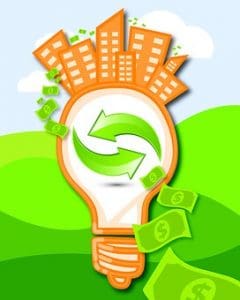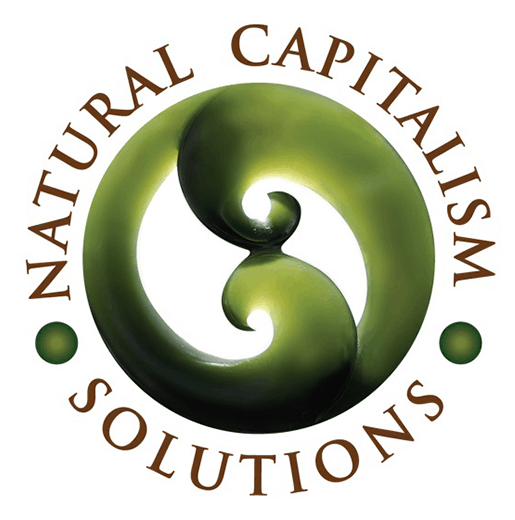
L. Hunter Lovins
June 2016
“You walk into the future by laying the runway out in front of people. You clear the impediment littering the ground, smooth the surface, and enable people to see the route. If you want to change a paradigm, you have to tell a better story”
The Problems
The global economy rests on a knife-edge, based on the unsustainable assumptions and business practices of Cheater Capitalism. The current paradigm, subsidizing incumbent technologies and corporate profits and bailing out too-big- to-fail banks and companies, while socializing losses and privatizing commons, is impoverishing citizens, communities, and countries, driving societies and ecosystems into successive collapses. Palliative “fixes” can delay collapse—but only for a time.
Change WILL happen because ecosystems and economies are already collapsing, and because a finer future is being entrepreneured. Both are important. We’re in a horse race with catastrophe, but the good news is that we’re in the race. A healthy economy—what John Fullerton calls a Regenerative Economy—is emerging. The science fiction writer William Gibson said that the future is already here; it’s just not widely distributed. The key principle is that this new economy is embedded within, and depends on, a healthy ecosystem. Because the one we have now is not.
Global Biodiversity Outlook 3, building on the 2005 Millennium Ecosystem Assessment, warned that climate change and other assaults are tipping coral reefs, the Amazon, the acidifying oceans and other ecosystems into collapse. The Planetary Boundaries report set scientifically agreed safe boundaries for human impacts, showing how humankind has already exceeded four of these, and is fast approaching others. Dr. Kate Raworth’s Doughnut Economics shows that, despite the excesses by which our current economy extracts and quickly throws away resources, we are failing to meet minimum requirements to ensure well-being and dignity for all of the world’s people.
Developing nations struggle to lift from poverty the half of the world’s population that lives on less than $2.50 a day. Millions of drought-driven refugees across the north of Africa join people threatened by too much or too little glacial melt water and monsoon floods from the Himalaya to Columbia. It is clear that climate change will hit the most vulnerable hardest. Yet, these poorest three billion emit only seven percent of emissions. The richest seven percent about half a billion people] spew out 50 percent. Issues of inequality are not only immoral, but threaten economic stability. Dr’s Richard Wilkinson and Kate Pickett have shown that health and social problems are worse in more unequal countries. Their book, The Spirit Level, shows that people in more equal societies live longer, have better mental health, and have better chances for a good education regardless of background. Community life is stronger where the income gap is narrower, children do better at school and they are less likely to become teenage parents. When inequality is reduced, people trust each other more, there is less violence, and rates of imprisonment are lower.
